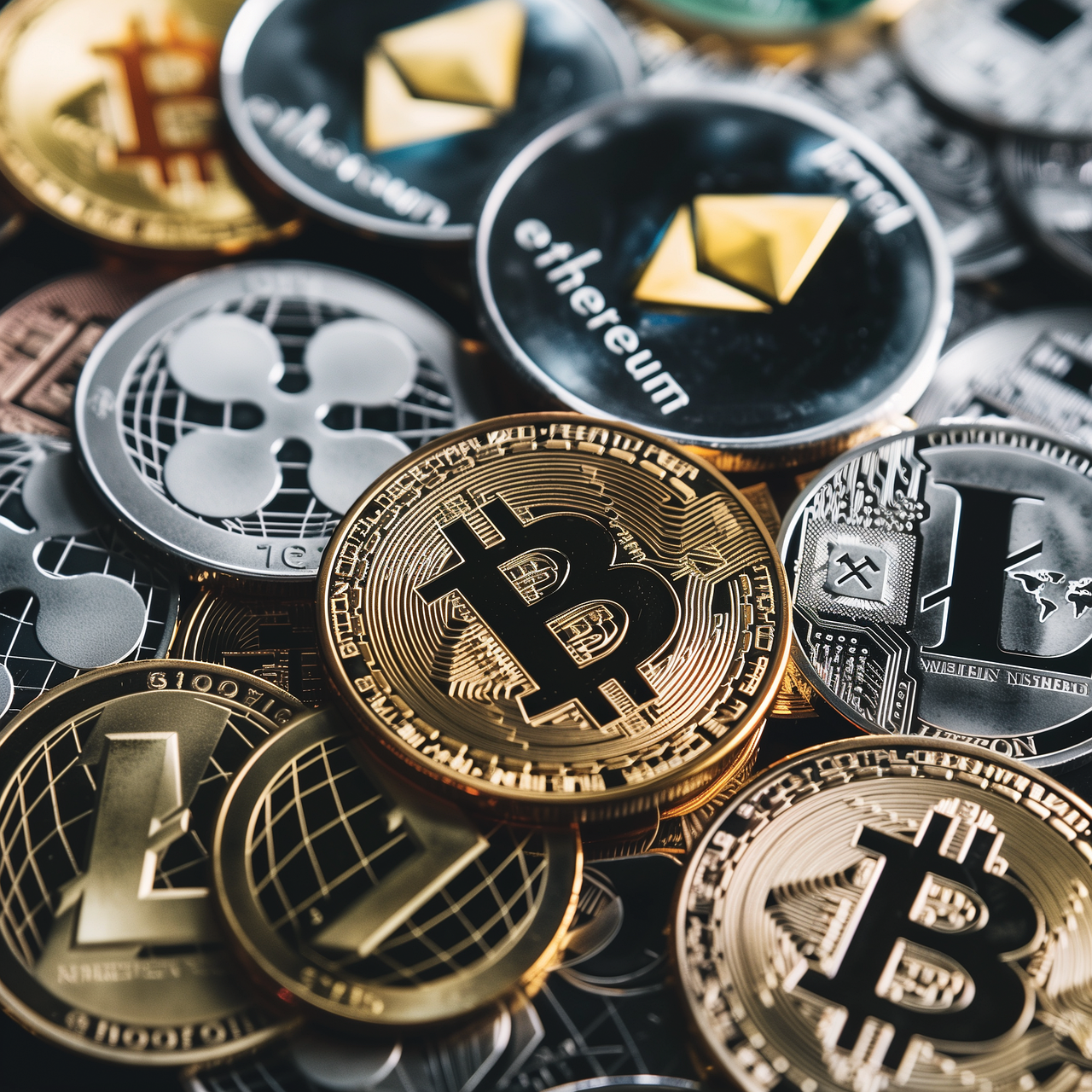In recent years, Initial Coin Offerings (ICOs) have emerged as a popular method for businesses to raise funds. ICOs involve the sale of new cryptocurrencies or tokens to investors, allowing companies to access capital in innovative ways. While ICOs have gained popularity, many find them confusing or risky. This essay explores the concept of ICOs, how they work, their benefits, and potential risks.
What Is an ICO?
An Initial Coin Offering (ICO) is a fundraising method used by businesses, especially in the cryptocurrency or blockchain sectors. In an ICO, a company issues its own digital tokens or coins, which investors buy using cryptocurrencies such as Bitcoin or Ethereum. These tokens often grant access to a future product or service.
ICOs are often compared to Initial Public Offerings (IPOs), but they are not subject to the same regulations. While IPOs involve the sale of company shares, ICOs are more flexible, though they come with fewer protections for investors.
How ICOs Work
The ICO process begins with the company releasing a whitepaper. This document explains the project’s goals, technology, token distribution, and how the raised funds will be used. The whitepaper serves as a detailed guide, helping investors understand the project’s potential.
After publishing the whitepaper, the company begins marketing the ICO. They often use social media, online forums, and websites to attract investors. The ICO has a specific duration, during which investors can purchase tokens. If the company meets its fundraising goal, the project moves forward, and tokens are distributed to investors.
The Role of Blockchain in ICOs
Blockchain technology is integral to most ICOs. Tokens are usually built on existing blockchain platforms like Ethereum. Ethereum supports the creation of smart contracts, which are self-executing contracts. Smart contracts ensure that ICO transactions are secure, transparent, and automated.
Blockchain’s decentralized nature eliminates the need for intermediaries, reducing transaction costs and making ICOs more efficient. This allows companies to raise funds without relying on traditional financial institutions.
Benefits of ICOs
ICOs offer numerous advantages for both businesses and investors.
1. Easy Access to Capital
For companies, ICOs provide an alternative way to raise funds without involving banks or venture capitalists. This is especially beneficial for startups that may not have access to traditional funding sources.
2. Global Participation
ICOs have a global reach. Anyone with an internet connection can participate, making it possible for companies to raise funds from a broad audience. This decentralization attracts a diverse pool of investors and reduces geographical limitations.
3. Early Investment Opportunities
For investors, ICOs present the chance to invest early in potentially high-growth projects. Investors who purchase tokens early may see their value increase as the project develops. This can lead to significant returns if the project succeeds.
4. Liquidity
Unlike traditional investments, ICO tokens are often traded on cryptocurrency exchanges after the offering ends. This provides liquidity and flexibility for investors, allowing them to buy and sell tokens in secondary markets.
Risks of ICOs
Although ICOs offer several benefits, they come with significant risks. Investors should be aware of the following potential drawbacks:
1. Lack of Regulation
ICOs are not always regulated by financial authorities. This absence of oversight makes ICOs riskier for investors. Without regulation, investors have limited legal protections if something goes wrong.
2. Scams and Fraud
The lack of regulation also opens the door for scammers. Fraudulent ICOs can promise high returns but deliver nothing. Some fraudsters use fake projects to lure investors, then disappear with their funds. These scams, known as “pump-and-dump” schemes, artificially inflate token prices before collapsing them.
3. Market Volatility
ICOs are speculative investments. The value of tokens can be highly volatile. Factors such as market sentiment, technological advancements, or competitor developments can cause large fluctuations in token prices. This volatility presents a risk for investors who might suffer significant losses if token prices drop suddenly.
4. Legal Uncertainty
The legal status of ICOs varies by country. Some countries have regulations that classify ICOs as securities, while others have banned them entirely. This uncertainty creates legal risks for both the company launching the ICO and the investors involved. Governments may impose new regulations that affect ICO participants.
How to Participate in an ICO
Investing in an ICO requires careful research and planning. Here are key steps to take:
- Research the Project: Thoroughly read the whitepaper and evaluate the project. Ensure it has clear goals, a strong team, and a solid technological foundation.
- Verify Legitimacy: Look for reviews, endorsements, or discussions about the project from trusted sources. Check if the team behind the ICO has a history of successful projects.
- Assess the Risks: Understand the risks involved. ICOs can be volatile, and the possibility of fraud exists. Never invest more than you can afford to lose.
- Secure Your Tokens: After purchasing tokens, store them in a secure wallet. Many ICOs provide their own wallets, but third-party options may offer added security.
Conclusion: The Future of ICOs
ICOs have changed the way companies raise capital, offering opportunities to investors and businesses alike. While ICOs provide easy access to funding, they come with risks such as scams, market volatility, and regulatory uncertainty. As the industry matures, more regulations may emerge, helping to create a safer environment for investors.
If you’re considering an ICO investment, it’s crucial to conduct thorough research and remain cautious. With the right approach, ICOs can be a powerful tool for fundraising and early investment. However, the risk factor means that only those who fully understand the process should participate.
Check out our Facebook or X accounts.
For more topics check here.



